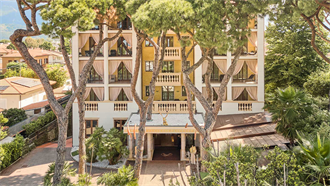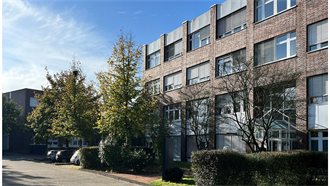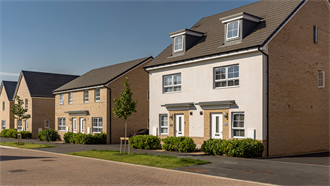The German rental residential market is at a standstill, despite strong demand, according to CEO Jörg Kotzenbauer of German asset and fund manager ZBI.
Speaking to PropertyEU at Mipim, Kotzenbauer said that no one seemed able to set up a real estate project in Germany and make it profitable at present.
‘There is high demand,’ he noted, ‘but the regulatory and current interest rate environment forced the market to stop. One can barely do a calculation showing that developing and building is worthwhile.’
According to Kotzenbauer, Austria as well as the Netherlands – countries bordering Germany and more or less in the same circumstances – are 20% less expensive. Not by coincidence ZBI has a presence in both those countries as well.
‘We have 65,000 rental units, of which 55,000 are in Germany,’ Kotzenbauer said. ‘The rest is in Austria and the Netherlands.’
ZBI sets up open-ended funds and acquires rental residential properties on an opportunistic basis. The investments in the dozen funds are acquired through banks from mostly private but also institutional investors. One fund is a closed-end vehicle for wealthy investors. The funds differ in size, with the largest valued at €6 bn.
ZBI conducts its own property and facility management. The rental units are located across Germany, but concentrated mainly in the north, because the south has less of a tradition of renting homes.
Kotzenbauer has no clear explanation for the marked difference in costs between the various countries. German construction companies may just be very expensive compared to their Austrian and Dutch peers. There might also be a difference in the size of the companies that are active, with markets such as Austria and the Netherlands having more medium-sized and smaller players, which operate more efficiently and are less expensive.
On the regulatory side Kotzenbauer thinks that Germans go by the rules, ‘but as far as implementing the EU construction standards are concerned, the Dutch go more by the rules than the Germans’.



































